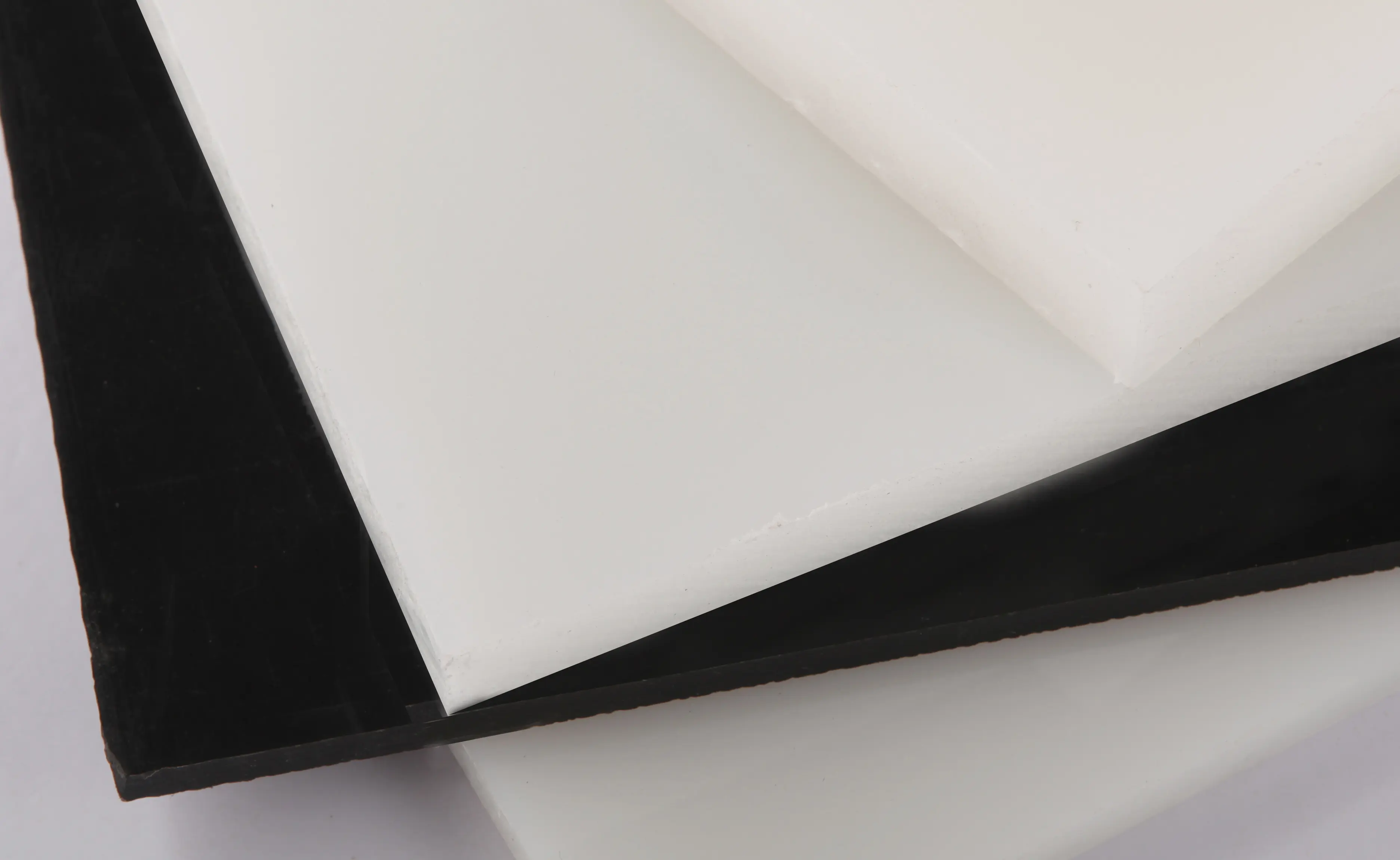нов . 19, 2024 14:13 Back to list
hdpe pipe connector
Understanding HDPE Pipe Connectors A Comprehensive Guide
High-Density Polyethylene (HDPE) pipes have become increasingly popular in various industries, thanks to their durability, flexibility, and resistance to corrosion. HDPE pipe connectors play a crucial role in ensuring the integrity and efficiency of HDPE piping systems. This article explores the types, applications, advantages, and installation considerations of HDPE pipe connectors.
What Are HDPE Pipe Connectors?
HDPE pipe connectors are specialized fittings that facilitate the joining of two or more segments of HDPE pipes. They are essential for creating seamless, leak-proof connections in various applications, including water supply systems, wastewater management, irrigation, and industrial piping. Because of their robustness and versatility, HDPE pipe connectors are favored in both residential and commercial plumbing systems.
Types of HDPE Pipe Connectors
There are several types of HDPE pipe connectors, each designed to serve specific purposes
1. Butt Fusion Connectors This is one of the most common methods of connecting HDPE pipes. It involves heating the ends of the pipes and pressing them together, forming a strong bond once cooled. This method is known for producing a joint that is as strong as the pipe itself.
2. Electrofusion Connectors Electrofusion connectors consist of a fitting with built-in heating elements. When electric current is applied, the heating elements melt the interfaces between the fitting and the pipes, creating a secure joint. This method is particularly useful in situations where the pipes cannot be easily aligned.
3. Mechanical Connectors These connectors use bolts and seals to fasten the pipes together. They are often preferred for their ease of installation and ability to be disassembled, making them suitable for temporary connections and maintenance purposes.
4. Compression Fittings These fittings utilize a compression mechanism to hold the pipes together. They are relatively easy to install and require no specialized tools or techniques, making them a convenient choice for DIY projects.
Applications of HDPE Pipe Connectors
HDPE pipe connectors find applications in various sectors
- Water Supply Systems Their corrosion resistance and longevity make HDPE pipes and connectors ideal for municipal water supply systems.
- Wastewater Management With their ability to handle aggressive chemicals, HDPE connectors are commonly used in sewage and drainage systems.
- Irrigation In agriculture, HDPE pipe connectors provide reliable and efficient water distribution, ensuring optimal irrigation practices.
hdpe pipe connector

- Industrial Applications Industries that require robust piping systems to convey chemicals or other hazardous materials often rely on HDPE pipes and connectors
.Advantages of HDPE Pipe Connectors
1. Durability HDPE connectors are designed to withstand extreme environmental conditions, including high-pressure and extreme temperatures.
2. Corrosion Resistance Unlike metal connectors, HDPE connectors do not corrode, which significantly extends their lifespan and reduces maintenance costs.
3. Flexibility HDPE connectors allow for slight movements and shifts in the piping system, accommodating ground shifting and settling without compromising the integrity of the connection.
4. Environmentally Friendly HDPE is recyclable, and many manufacturers produce connectors with recycled materials, making them a sustainable choice.
5. Cost-Effective With low installation and maintenance costs, HDPE pipe connectors provide a long-lasting solution that ultimately results in savings.
Installation Considerations
When installing HDPE pipe connectors, it’s essential to follow proper procedures to ensure a secure bond and prevent leakage.
- Surface Preparation The pipe ends must be clean and free from contaminants to achieve a strong connection. - Proper Alignment Align pipes accurately before joining them to enhance the strength of the connection.
- Temperature Control For butt fusion and electrofusion processes, maintaining the correct temperature is critical for optimal bonding.
- Skilled Workforce Employing trained professionals ensures that the installation adheres to industry standards and minimizes the risk of failure.
Conclusion
HDPE pipe connectors are integral to the efficiency and reliability of HDPE piping systems across numerous applications. By understanding the types, advantages, and appropriate installation practices of these connectors, businesses and homeowners can ensure the longevity and performance of their piping networks. Whether for water supply, irrigation, or industrial uses, investing in quality HDPE pipe connectors translates into a durable and effective solution for modern plumbing needs.
-
High-Quality PPR Pipes and Fittings Durable ERA PPR & PVC PPR Solutions
NewsJul.08,2025
-
Black HDPE Cutting Board - Durable, Non-Porous & Food Safe HDPE Plastic Cutting Board
NewsJul.08,2025
-
High-Quality CPVC Panel Durable HDPE & PVC Panels Supplier
NewsJul.08,2025
-
Double PE Welding Rod Supplier - High Strength, Durable & Versatile Welding Solutions
NewsJul.07,2025
-
High-Quality PVC-O Pipe Supplier Durable 75mm PVC Pipe & Connections Leading PVC Pipe Company
NewsJul.07,2025
-
HDPE Drainage Pipe Supplier – Durable & Corrosion-Resistant Solutions
NewsJul.06,2025

